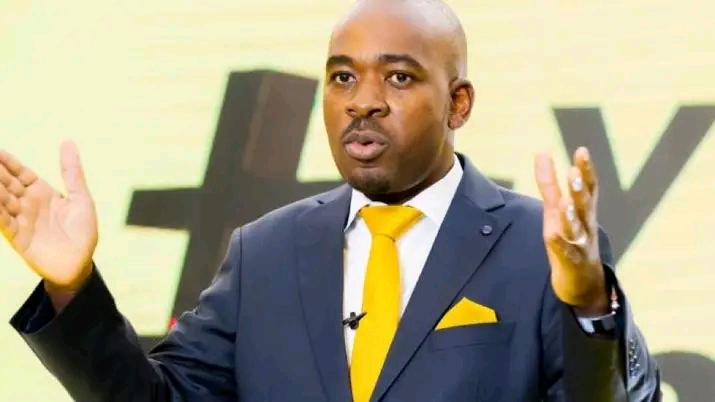By Ollus Ndomu
Zimbabwe’s political landscape has plunged into uncertainty as opposition leader Nelson Chamisa vehemently rejects the re-election of President Emmerson Mnangagwa.
With defiance burning in his eyes, Chamisa boldly claimed victory in Sunday’s general election, setting the stage for a tense standoff, but Mnangagwa, emerged victorious, clinching a second term with 52.6% of the vote, while his tenacious rival secured 44%.
The air was thick with anticipation as international observers weighed in, casting a shadow of doubt over the election’s democratic integrity. Their unanimous verdict?
Zimbabwe’s electoral process had fallen short of global democratic standards, echoing Chamisa’s allegations. Pointing an accusing finger at Mnangagwa, Chamisa cried foul play, accusing him of orchestrating an audacious electoral coup. The electoral body, too, was not spared from his accusations, as he insisted they had propagated false results to deceive the nation.
As the nation held its breath, Chamisa faced a pivotal moment. The world watched with bated breath as he declared his intent to take his case to court within a week. The suspenseful narrative had now shifted to the hallowed halls of justice, leaving many to ponder the outcome of this high-stakes legal battle. With accusations flying and tensions escalating, the question on everyone’s mind was whether Chamisa’s fervent claims would find solid ground in the courtroom.
The stage was set for a legal clash that had the potential to reshape the nation’s political destiny.


